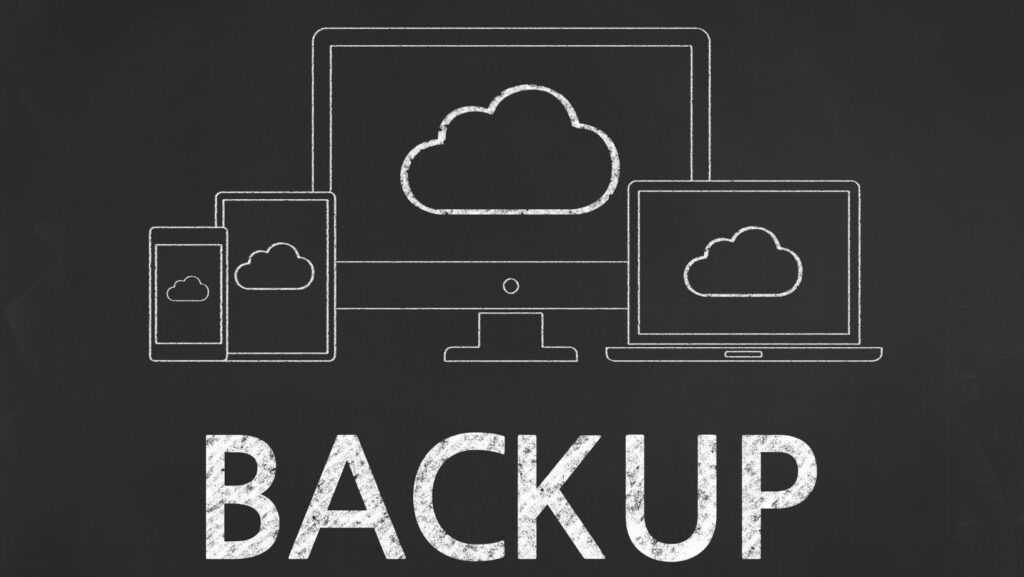Key Takeaways
- Importance of Backup: Salesforce backup solutions are crucial for protecting against data loss due to deletions, corruption, or breaches, ensuring business continuity and compliance with regulations like GDPR and HIPAA.
- Types of Solutions: Organizations can choose between native Salesforce backup options, such as the Data Export Service, and comprehensive third-party solutions that offer enhanced functionalities and automated processes.
- Key Features to Consider: When evaluating backup solutions, prioritize data security, ease of use, and restore options, including granular recovery capabilities and fast recovery times.
- Challenges in Backup: Navigating the complexities of Salesforce’s varying data types and compliance requirements is essential when implementing an effective backup strategy.
- Automation Benefits: Automated backup features significantly reduce the risk of human errors and ensure regular data protection without manual intervention.
- Enhanced Security: Effective Salesforce backup solutions must incorporate robust security measures, including encryption and role-based access controls, to maintain data integrity and security.
In today’s data-driven world, businesses rely heavily on platforms like Salesforce to manage customer relationships and drive growth. However, the risk of data loss due to accidental deletions, system failures, or cyberattacks looms large. This makes robust backup solutions essential for safeguarding valuable information and ensuring business continuity.
Salesforce backup solutions not only protect critical data but also provide peace of mind for organizations of all sizes. With various options available, companies can choose the right backup strategy that aligns with their specific needs and compliance requirements. Understanding these solutions can empower businesses to maintain their operational integrity and enhance their overall data management strategy.
Salesforce Backup Solutions
Salesforce backup solutions play a critical role in safeguarding data integrity and accessibility. Effective strategies minimize risks associated with data loss, supporting organizations in maintaining business continuity.
Importance of Data Backup
 Data backup is essential for protecting against accidental deletions, corruption, and data breaches. A reliable backup strategy ensures the quick recovery of essential information, thereby enhancing operational efficiency. It provides organizations with the ability to comply with regulatory requirements, such as GDPR or HIPAA, which mandate data protection and recovery procedures. Backup solutions also contribute to peace of mind, as businesses can focus on growth, knowing their data remains secure.
Data backup is essential for protecting against accidental deletions, corruption, and data breaches. A reliable backup strategy ensures the quick recovery of essential information, thereby enhancing operational efficiency. It provides organizations with the ability to comply with regulatory requirements, such as GDPR or HIPAA, which mandate data protection and recovery procedures. Backup solutions also contribute to peace of mind, as businesses can focus on growth, knowing their data remains secure.
Challenges of Salesforce Backup
Salesforce backup presents several challenges that organizations must navigate. Complexity increases due to varying data types and configurations within Salesforce. The volume of data also complicates backup processes, leading to longer retrieval times if not managed effectively. Additionally, users face challenges related to integration with third-party applications, which could hinder seamless backup implementations. Compliance with data retention policies and security standards further complicates backup strategies, making it crucial for organizations to select solutions that align with their specific needs and infrastructure.
Types of Salesforce Backup Solutions
Salesforce offers various backup solutions to ensure data protection and accessibility. Organizations can choose between native backup options and third-party solutions based on their specific requirements.
Native Backup Options
Native backup options in Salesforce include tools and features built into the platform. These tools offer basic data backup functionalities without additional cost.
- Data Export Service: This service allows scheduled exports of Salesforce data in CSV format. Users can schedule monthly or weekly exports to capture up to 48 objects.
- Salesforce Backup and Restore: Salesforce provides a limited backup feature, enabling users to restore critical data through the recycling bin. However, this feature has limitations on the duration of data retention.
- Change Data Capture (CDC): CDC tracks changes in Salesforce data, providing real-time updates. It allows organizations to capture changes for synchronization or backup in external systems.
Third-Party Solutions
Third-party solutions offer comprehensive and scalable backup options for Salesforce data. These tools typically integrate seamlessly with Salesforce, providing enhanced features and functionalities.
- Automated Backups: Many third-party solutions enable automated backups on customizable schedules, ensuring data is regularly secured without manual intervention.
- Granular Restore Options: Unlike native options, third-party tools often provide granular restore capabilities, allowing users to recover specific datasets or individual records.
- Compliance Features: Superior third-party solutions include compliance-oriented features that help organizations meet standards such as GDPR and HIPAA, ensuring data protection and audit readiness.
- Data Archiving: Additional features include data archiving capabilities, where users can store historical data securely without cluttering the primary Salesforce database.
Organizations benefit from evaluating both native and third-party backup solutions to determine the best fit for their data management strategies and compliance needs.
Features to Consider
When evaluating Salesforce backup solutions, assessing specific features ensures alignment with organizational needs. Key features include data security, ease of use, and restore options.
Data Security
Data security remains a priority for Salesforce backup solutions. Solutions must employ encryption methods for data at rest and in transit. Features like multi-factor authentication (MFA) prevent unauthorized access, while role-based access controls (RBAC) allow organizations to manage user permissions effectively. Regular audits and compliance certifications, such as ISO 27001 or SOC 2, validate that the solution meets security standards, enhancing trust in data integrity.
Ease of Use
Ease of use significantly impacts user adoption and operational efficiency. Solutions should provide intuitive user interfaces that simplify backup process management. Automated scheduling options allow users to set regular backups without manual intervention. Additionally, comprehensive documentation and responsive customer support ensure users receive necessary assistance quickly. User-friendly dashboards with clear visibility into backup statuses and data health further enhance usability.
Restore Options
Restore options play a crucial role in a backup solution’s effectiveness. Organizations benefit from granular restore capabilities, enabling recovery of specific records rather than entire data sets. Solutions should support point-in-time restores to recover data from specific dates, addressing accidental deletions or data corruption efficiently. Fast recovery times minimize downtime, ensuring continuity of operations. Flexibility in restoring data to multiple environments, such as development or testing, adds further value to backup solutions.
Top Salesforce Backup Solutions
Multiple backup solutions exist to protect Salesforce data, each with unique advantages. Organizations can choose from both native and third-party options that align with their operational needs.
Solution 1: Overview and Benefits
Native Backup Services such as the Data Export Service provide a built-in mechanism for backing up data. This service enables scheduled exports of Salesforce data in CSV format. Benefits include:
- Cost-Effectiveness: Available at no additional cost to Salesforce users.
- Simplicity: Offers an easy setup for data exports and straightforward access to files.
- Regulatory Compliance: Assists in meeting compliance requirements through regular data exports.
Solution 2: Overview and Benefits
Third-Party Backup Solutions like Druva offer more comprehensive features than native options. These solutions cater to diverse organizational requirements. Benefits include:
organizational requirements. Benefits include:
- Automated Backups: Scheduled backups reduce manual processes, mitigating human errors.
- Granular Restore Capabilities: Allows for selective restoration of specific data points, enhancing recovery flexibility.
- Comprehensive Data Coverage: Address complexities linked to various data types and integrations with third-party applications.
Solution 3: Overview and Benefits
Cloud-Based Backup Solutions such as OwnBackup combine robust features tailored for Salesforce environments. Their advantages encompass:
- Real-Time Data Protection: Ensures data changes are backed up instantly, minimizing the risk of data loss.
- Integrated Compliance Tools: Features aid organizations in maintaining compliance with regulations, such as GDPR and HIPAA.
- User-Friendly Interface: Simplifies the backup and restore process, promoting greater adoption among teams.
By assessing these solutions collectively, organizations can strategically select backup options that enhance data integrity, security, and overall compliance. Salesforce backup solutions are essential for any organization looking to safeguard its critical data. By implementing the right strategies and tools, businesses can mitigate risks associated with data loss and ensure compliance with regulatory standards. Choosing between native and third-party options allows organizations to find a solution that aligns with their unique needs. Prioritizing features like data security ease of use and effective restore capabilities can significantly enhance data management practices. Investing in robust backup solutions not only protects valuable information but also supports operational efficiency and business continuity. Organizations that take these steps will be better equipped to navigate the complexities of data management in today’s digital landscape.



